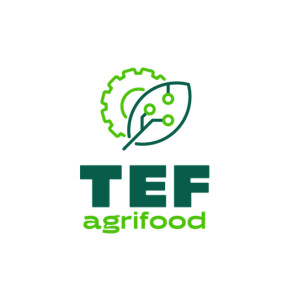 \
&
Contact us
\
&
Contact us
 \
&
Contact us
\
&
Contact us
Published on | 7 months ago
Programmes Horizon EuropeThe European Commission has published the interim evaluation of the Horizon Europe Framework Programme for Research and Innovation. It assesses the programme's first results and provides a detailed analysis of its relevance, effectiveness, efficiency, EU added-value and coherence with other EU policies.
The interim evaluation report ('staff working document') can be found at the bottom of this page as well as the 'communication' of the Commission which summarises the findings of the evaluation, highlights the strengths and identifies areas for improvement.
The Commission concluded in the evaluation report, among others, that
In the Communication the Commission states a.o. the following priorities of the coming work programmes/years:
We offer news and event updates, covering all domains and topics of Horizon Europe, Digital Europe & EDF (and occasionally, for ongoing projects, Horizon 2020).
Stay informed about what matters to you.
By signing up, you can opt in for e-mail notifications and get access to
a personalised dashboard that groups all news updates and event announcements in your domain(s).
Only for stakeholders located in Flanders

The AgrifoodTEF, funded under the Digital Europe call for a Testing and Experimentation Facility for Agri-Food, is a network of world-class testing and experimentation facilities (TEFs) in the agri-food sector that supports testing state-of-the-art data, AI, and robotics solutions in real-world environments to accelerate their market introduction. ILVO, Flanders Research Institute for Agriculture, Fisheries and Food, the Flemish node of the AgriFoodTEF supports the entire agri-food business, leveraging its infrastructures, experience and vast network established through participation in numerous Digital Europe and Horizon Europe initiatives.